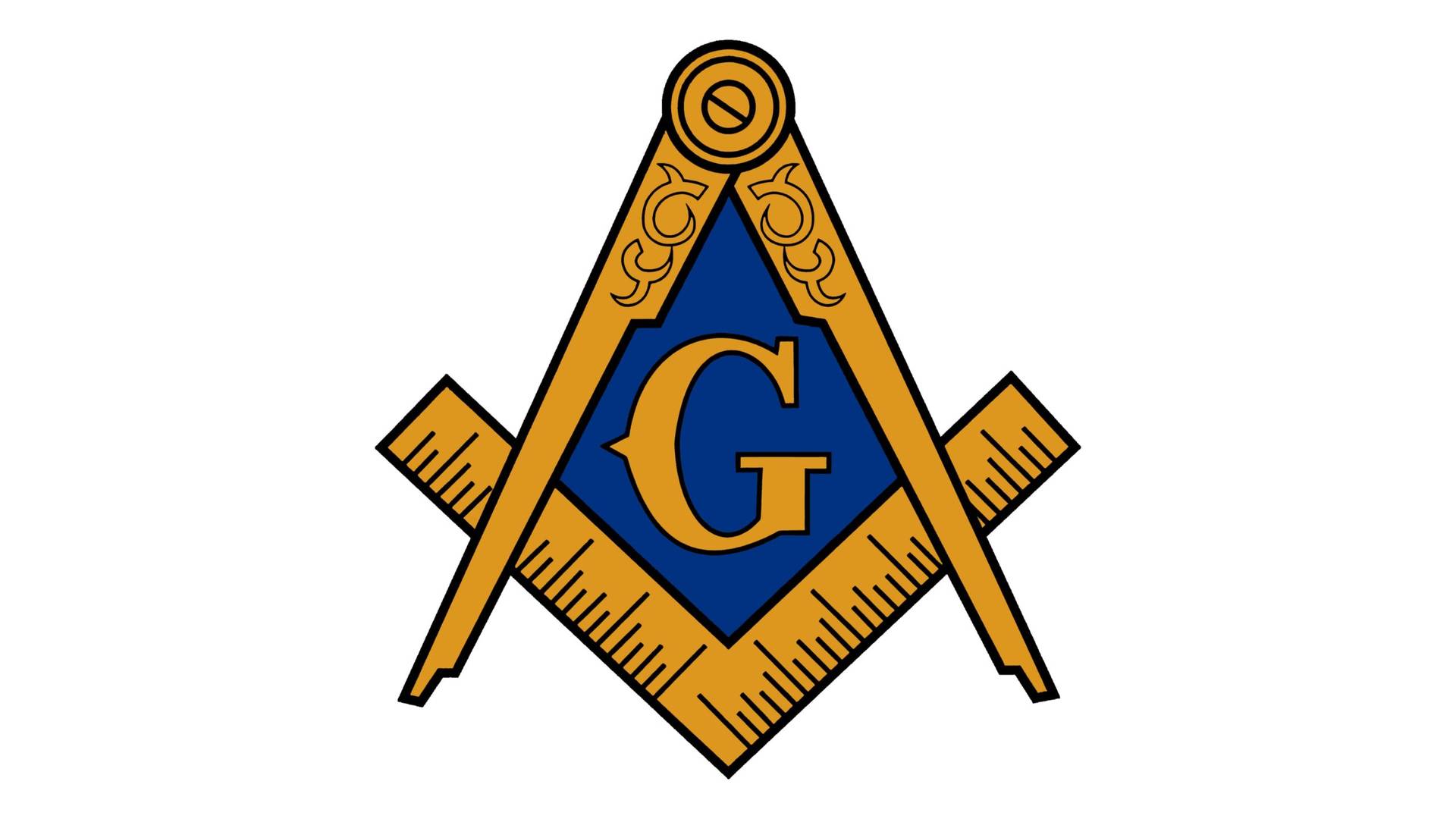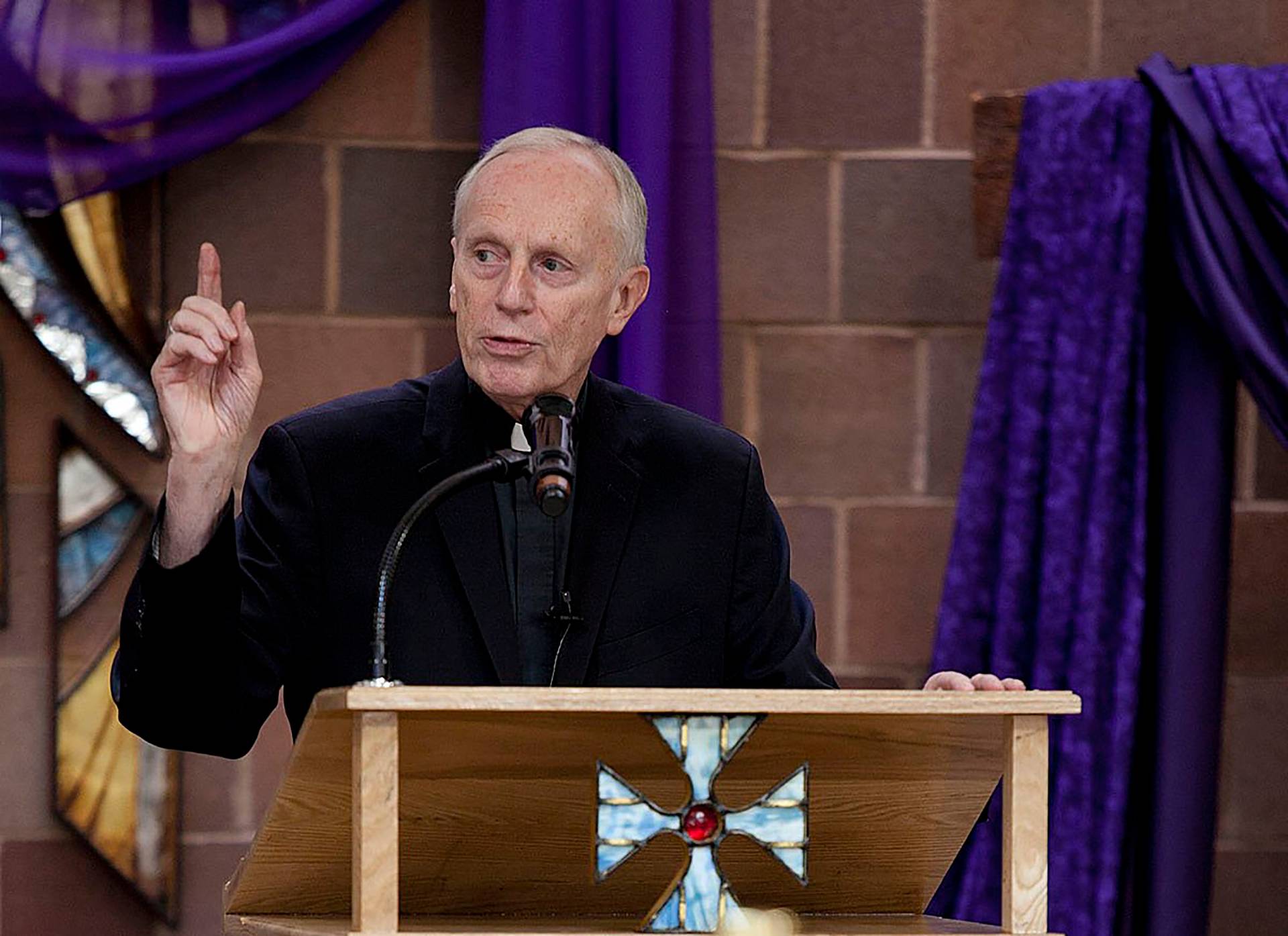ROME – Though it was, in a sense, 530 years in the making, required two separate departments of the Roman Curia to address, and came a full eight months after demands burst into full public view during a high-profile papal trip to the New World, Thursday’s repudiation of the “Doctrine of Discovery” by the Vatican may turn out to have been the easy part.
To be clear, what the Vatican formally disowned yesterday is a legal and political concept, not a theological tenet.
“The legal concept of ‘discovery’ was debated by colonial powers from the sixteenth century onward and found particular expression in the nineteenth century jurisprudence of courts in several countries, according to which the discovery of lands by settlers granted an exclusive right to extinguish, either by purchase or conquest, the title to or possession of those lands by indigenous peoples,” Thursday’s statement said.
“The ‘doctrine of discovery’ is not part of the teaching of the Catholic Church,” said the statement, jointly issued by the Vatican’s Dicastery for Culture and Education and the Dicastery for Promoting Integral Human Development.
“The Catholic Church … repudiates those concepts that fail to recognize the inherent human rights of Indigenous peoples, including what has become known as the legal and political ‘doctrine of discovery,’” it said. Such a formal repudiation had been a key demand of Indigenous groups when Pope Francis visited Canada last July.
The joint statement acknowledged that a handful of 15th century papal bulls, including Dum Diversas (1452), Romanus Pontifex (1455) and Inter Caetera (1493), were invoked to justify the doctrine, but insists they “have never been considered expressions of the Catholic faith.”
Part of the design for the joint statement was to craft it as an historical and politico-social declaration, without any theological import – it’s telling, in that regard, that the Dicastery for the Doctrine of the Faith was not among its signatories.
Yet no matter how hard the Vatican may try, it seems unlikely that the theological underpinnings of what came to be known as the “Doctrine of Discovery” can be avoided indefinitely. Indeed, the issuance of Thursday’s statement seems likely to embolden forces seeking a theological reevaluation too.
Philip P. Arnold, a professor of religious studies at Syracuse University and the director of an Iroquois cultural center, told the New York Times that yesterday’s repudiation was only a “first step.”
The Vatican needs to address the “worldview” underlying the Doctrine of Discovery, Arnold said, including the idea that Christianity is superior to other religions.
And therein lies the rub.
When Pope Alexander VI granted King Ferdinand II and Queen Isabella I sovereignty over a broad swath of the “New World” in Inter Caetera, he may well have been issuing a political decree that was not, in itself, de fide. Yet there’s no denying that the underlying justification was theological, rooted in the inherently missionary nature of Christianity.
“Among other works well pleasing to the Divine Majesty and cherished of our heart, this assuredly ranks highest, that in our times especially the Catholic faith and the Christian religion be exalted and be everywhere increased and spread,” Alexander VI told the Spanish monarchs.
One of thorniest doctrinal dilemmas unleashed by the Second Vatican Council, though never resolved by it, was how to reconcile two core teachings: First, the missionary nature of the church, expressed in the final command of Christ on earth to “make disciples of all nations”; and second, the idea that non-Christian religions nevertheless contain “seeds of the word” and “often reflect a ray of that truth which enlightens all men.”
The practical question which presents itself, in light of that tension, is whether the Catholic Church should still be trying to convert followers of other religions or not.
In the 1990s and 2000s, it seemed that issue was destined to become the titanic theological contest of the era. A spate of Catholic theologians working on what became known as the “theology of religious pluralism,” including the late Belgian Jesuit Father Jacques Dupuis, Indian Jesuit Father Michael Amaladoss, the late Spanish and Indian Father Raimundo Panikkar, Sri Lankan Jesuit Aloysius Pieris and the American Jesuit Roger Haight, were all investigated and/or sanctioned at one point or another.
In general terms, the “theology of religious pluralism” holds that the diversity of the world’s religions is not simply a byproduct of original sin, but rather a positive good willed by God, and non-Christian religions can be vehicles of salvation in their own right. Christianity’s missionary instinct, therefore, has to be reimagined in terms of dialogue, outreach and mutual respect, rather than bringing souls to the faith so they don’t burn in hell.
Critics of the theology of religious pluralism argue that while respect and dialogue with other faiths are good things, it would be a betrayal of the core of Christianity to suggest that Christ is somehow inessential to salvation, or that anyone’s life would not be enriched by explicitly embracing Christian faith and practice.
Tensions reached a high-water mark in 2000, when the Congregation for the Doctrine of the Faith under then-Cardinal Joseph Ratzinger, the future Pope Benedict XVI, issued a document titled Dominus Iesus. It declared that whatever the Holy Spirit brings about in other religions “serves as a preparation for the gospel, and can only be understood in reference to Christ,” and insisted that Catholics must be committed to “announcing the necessity of conversion to Jesus Christ.”
Yet as suddenly as the storm had broken, it seemed to dissipate.
As pope, Benedict XVI had other fish to fry, and without his leadership the Vatican’s doctrinal office didn’t seem inclined to press the issue. At the beginning of the Francis papacy, German Cardinal Gerhard Müller, a Ratzinger protégé, tried to launch another investigation of Amaladoss, but the pope welcomed his fellow Jesuit to his morning Mass and declared him a “good theologian,” effectively ending any threat of censure.
It’s possible — indeed, it seems, likely — that as reaction to Thursday’s joint statement continues to unfold, activists and thinkers inside and outside the church may press to reopen the theological issues they see as underlying the “Doctrine of Discovery.”
If so, Vatican officials may end up feeling as if, in the effort to cure one headache, they’ve inadvertently created many more.
















